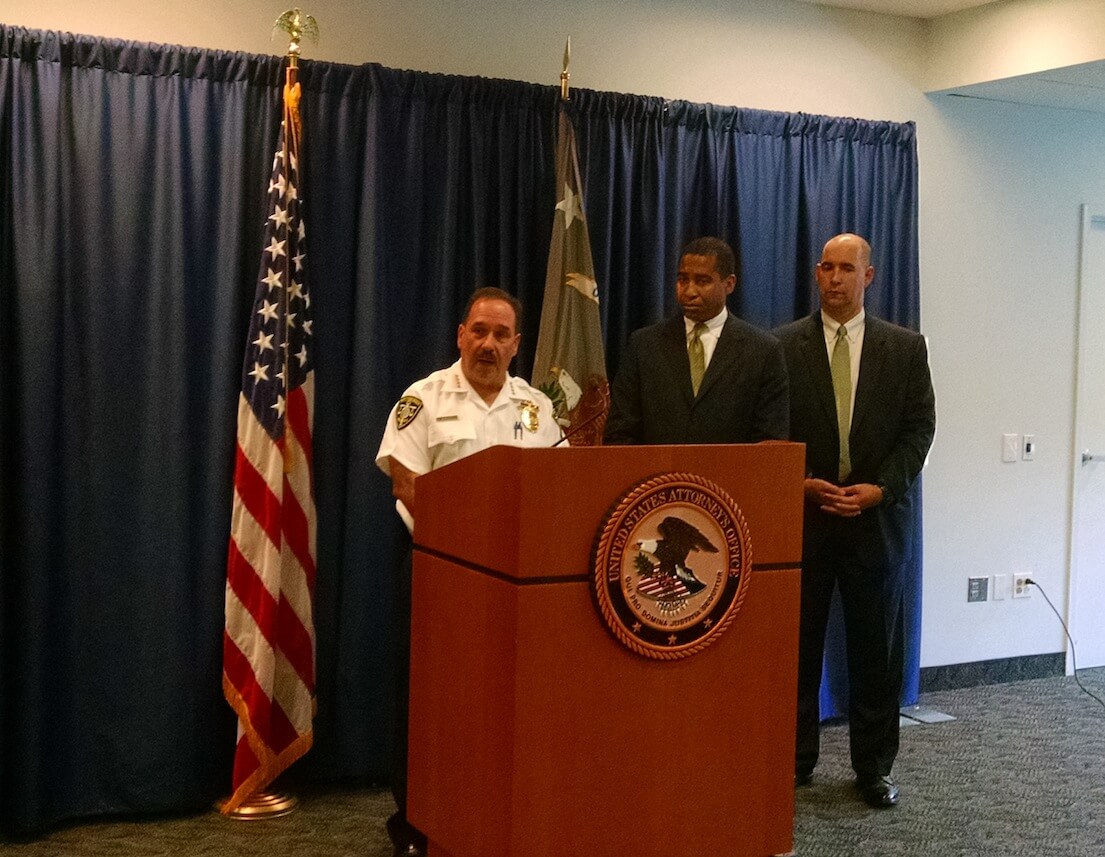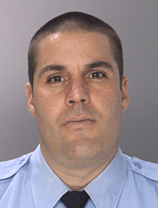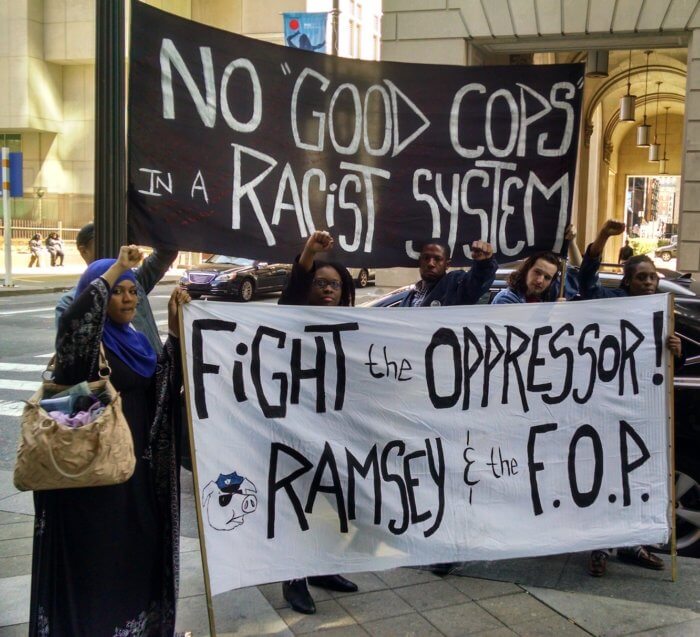The head of Philadelphia prisons offered a stern warning Wendesday to employees who dare to smuggle contraband to inmates: “You’ll be next.”
Philadelphia Prisons commissioner Louis Giorla’s message came after prosectuors charged four current and two former guards with allegedly smuggling 681 Oxycontin pills and five cell phones to inmates inside city jails. Guards purportedly made $500 to $1,500 off delivering the contraband, U.S. attorney Zane Memeger announced at a press conference on Wednesday
Related link:Philly jail staff, inmates jubilant over Pope visit to city jail “We’re here to keep a clean safe and orderly environment,” Giorla said.”To any officers who are considering this type of activity, Iwould recommend that they refrain from it and to any that may be engaged in this stuff –you’ll be next.” Guards at Curran-Fromhold Correctional Facility (CFCF), the Detention Center, the House of Corrections and the Philadelphia Industrial Correction Center were all charged.
Related link:Philadelphia prisons overcrowded and in search of a solution “We have 2,800 inmates [at CFCF]. Probably more than half of them are drug offenders, they’re going to seek drugs, try and find ways to corrupt the system and manipulate the system.Just because they walk in our doors, they don’t clip on angel wings,” Giorla said. “It’s a day-to-day battle.” A rise in the confiscation of streets drugs from inmates as well as the recent smuggling arrest of prison guard Dion Reid led prison officials in cooperation with prosecutors to a “deeper investigation” into how contraband was reaching the prison,Giorla said. The guards were charged Wed attempted distribution of narcotics and attempted extortionwere John Wesley Herder, 49, a 9-year veteran; Bryant Fields, 43, George Kindle, 29, Marc Thompson, 23, Dupree Myers, 27 and Joseph Romano, 31. Each allegedly delivered Oxycontin pills and in some cases a cell phone in exchange for cash payments ranging from $500 to $1,500, prosecutors said.
Giorla said cell phones in the prison were a particular threat because they can be used by inmates for “further criminal enterprise” such as witness intimidation.
Guards allegedly smuggled drugs into Philadelphia jailhouse

Sam Newhouse































